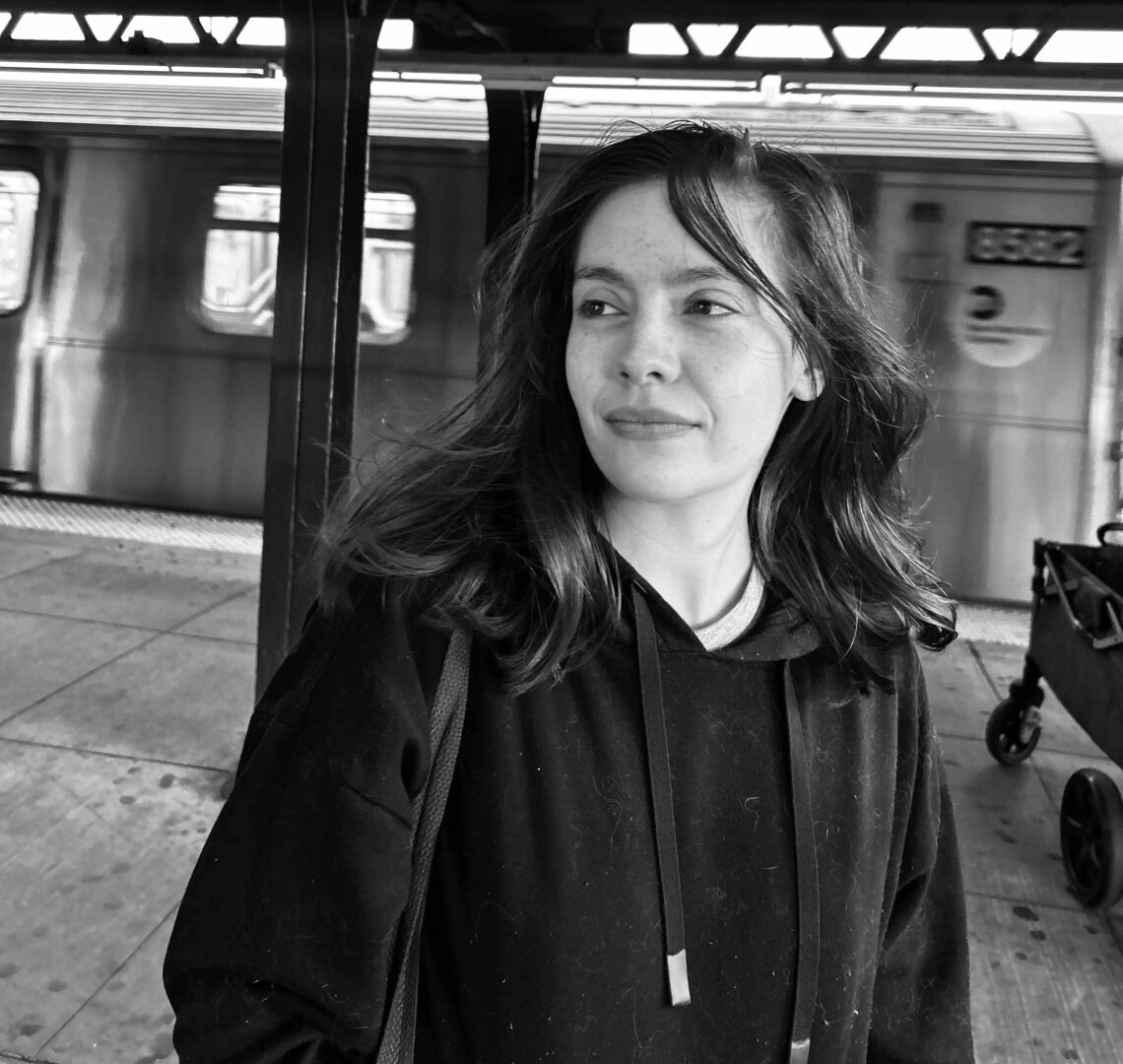We’re excited to introduce you to the always interesting and insightful Rose Gaffney. We hope you’ll enjoy our conversation with Rose below.
Hi Rose, so happy to have you on the platform and I think our readers are in for a treat because you’ve got such an interesting story and so much insight and wisdom. So, let’s start with a topic that is relevant to everyone, regardless of industry etc. What do you do for self-care and how has it impacted you?
Ooh, good question! It’s a bit of a long story, but I feel it’s important to paint the picture of how I got to this point and the mental challenges I had to overcome to accept self-care as an essential part of my arts practice and how it has changed my effectiveness as it relates to my chronic pain disorder.
In the world of filmmaking, you’re often made to feel like self-care is the last thing you should think about. Most movies and shows operate on a strict schedule that can start as early as 5am and end as late as 1am, for months-long stretches at a time. You’re often asked to take risks in service of the project, even if it comes at the cost of your mental or physical health. You’re taught that if you want to advance in this career path, you have to put aside your needs and wants so you can keep producing to get the attention of the people who would help you ‘make it’. It can be a breeding ground for abuse, neglect and health issues, as is evident by the numerous industry exposés that have been released in recent years. Even the most joyful, kind-hearted film projects can reflect these deep-rooted cultural practices with long hours, needling the talent to get a better performance on camera and the kind of jokes that are passed around on sets.
Despite my own negative experiences, I still continued to push myself in the industry. I went to college at sixteen and graduated at nineteen with a degree in Mass Communication. I hit the ground running, working on sets on Chicago and northern IL as often as I could. When I moved to NYC, my dream was to build on the toughness I developed in Chicago and take on a demanding job in the industry. I had my eyes set on being an Assistant Director and joining the Director’s Guild of America AD Training Program, which is considered one of the toughest training programs in the industry. I was so ready to take on the challenge. I had devoted most of my young adult life to get to this point. All I had to do was establish myself in New York, put aside my personal life to focus on film and work hard.
Then my health tanked.
At nineteen, I started getting strange headaches that would only last a few seconds, a minute at most, with the pain being very localized. With the industry I was in, it was easy to blame them on stress and caffine intake. Since I was a young woman at the time, the idea of hormonal imbalance and late puberty equilibrium came into question. Nothing was found on medical tests or imaging, so doctors blamed it on anxiety and poor health habits. I was told to get off of Twitter and go read more books. Through the years, the headaches started getting worse, reaching a breaking point soon after I moved to NYC. The pain I had made my kidney stone feel like a walk in the park. The sudden, blinding attacks were causing me distress. I compared it to “playing Russian roulette with the invisible man.” I would be in the middle of a conversation and then cry out as a shock of pain hit my head. Before I knew what happened, the pain would disappear just as fast, leaving me confused, scared and always anticipating the next random attack.
I was diagnosed with trigeminal neuralgia, one of the most painful conditions known to the medical world, at twenty-five years old. There are several ways one can get trigeminal neuralgia, including accidents that involve the face, or the shingles virus. Mine is caused by arterial compression, which means an artery touches the trigeminal nerve in my face, causing the nerve to misfire pain signals when compressed by the artery. Turns out, I have TN on both sides of my face, which is even more rare! About 4.3 out of 100,000 people are diagnosed with TN every year and bilateral cases like mine make up 0.3%-11.9% of all TN cases.
It effectively crushed my chances of continuing to work in the traditional film industry. Sleep deprivation, not eating well and stress are all things that can trigger TN and make any attacks even worse; these are all common occurances in the film world. For many years, I struggled to fully comprehend the idea of having a chronic pain disorder and the long reaches it would have into my career, my social life and my health. I had spent years learning to overcome exhaustion and pain in order to be a better filmmaker and now I had a rare disease that threatened to overpower all of that. I considered myself a failure for not being able to tough it out like I could in the years prior.
Self-care for me is all about boundaries and compassion, which is something I have struggled with because of all of my time spent in film. When we think of self-care, we often think about spa days or solo dates at cute coffee shops. That’s how self-care has been sold to us so we will buy more face masks and coffee. For me, it’s about saying ‘No’ to things that will flare my chronic pain. That includes overnight shoots, stressful clients and working more than two long days in a row. Self-care also means that I take it easy on myself and learn to not be upset when my chronic pain interferes with my plans.
I aim to go back to narrative filmmaking at some point in my career but I would need to spearhead some serious reforms in the way filmmaking is done to be able to achieve that. My dream to be a part of the mainstream industry have faded and been replaced with a deep desire to make filmmaking a welcome place for all types of storytellers, including those afflicted by chronic pain. Shorter shoot days, less stressful interactions, kinder approaches and longer breaks are all things I hope to bring to the forefront.
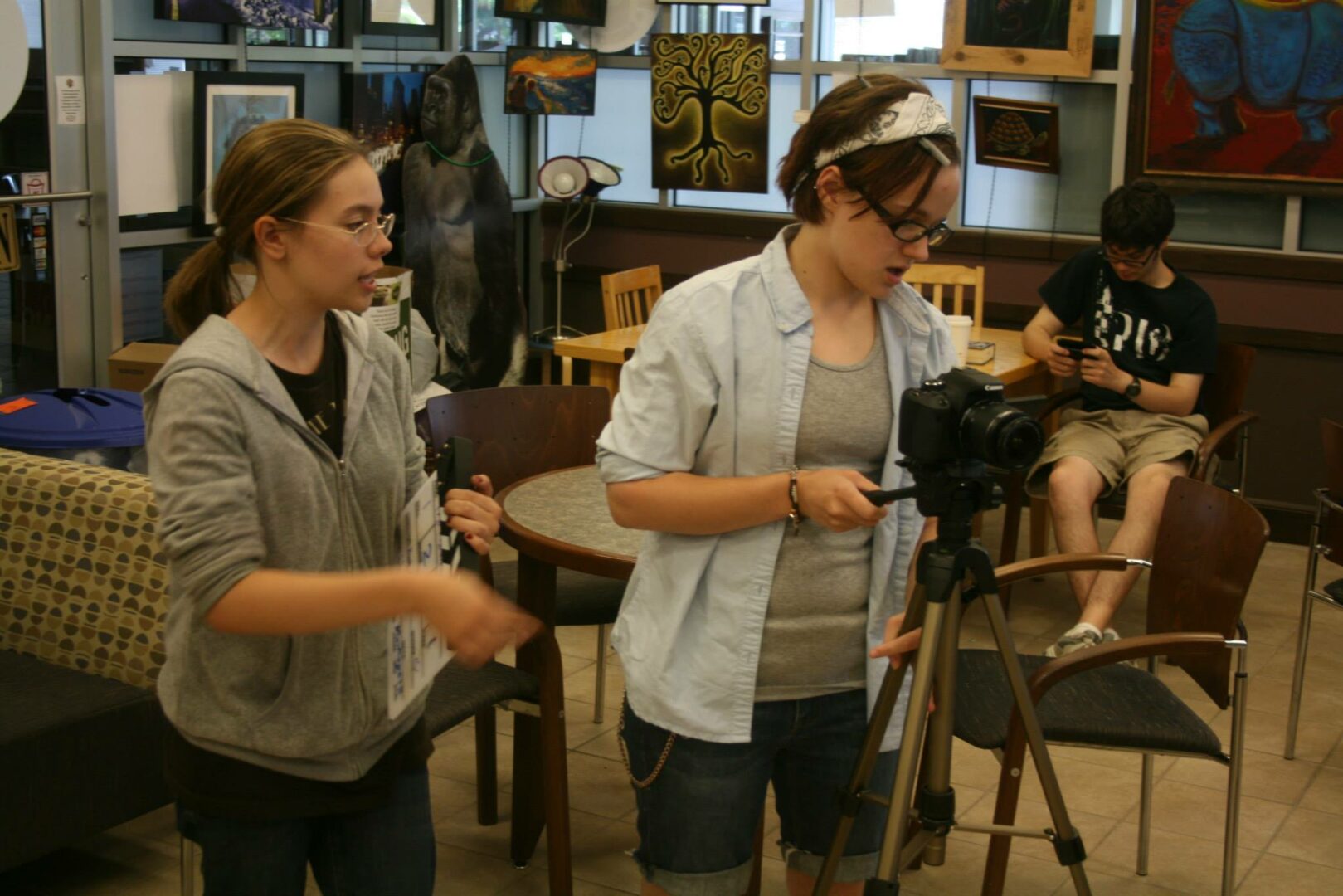
Thanks, so before we move on maybe you can share a bit more about yourself?
I’m a filmmaker and writer currently living in NYC, with a focus on telling stories that transcends our different backgrounds and unify us with common themes and plots. Ever since I was a kid, I’ve loved telling stories and always had a camera in my hand. I was the first generation with access to Youtube as a child and being exposed to independent filmmakers and Youtube skits was a huge influence on my self-producing nature. I’ve worked in many facets of film during my ten year career, including reality shows, videography, independent film, music videos, dance concept videos, and national commercials. My broad range of experiences has made me a well-rounded storyteller, with many developed skills that allow me to approach film projects with a unique vision and a plan to achieve it.
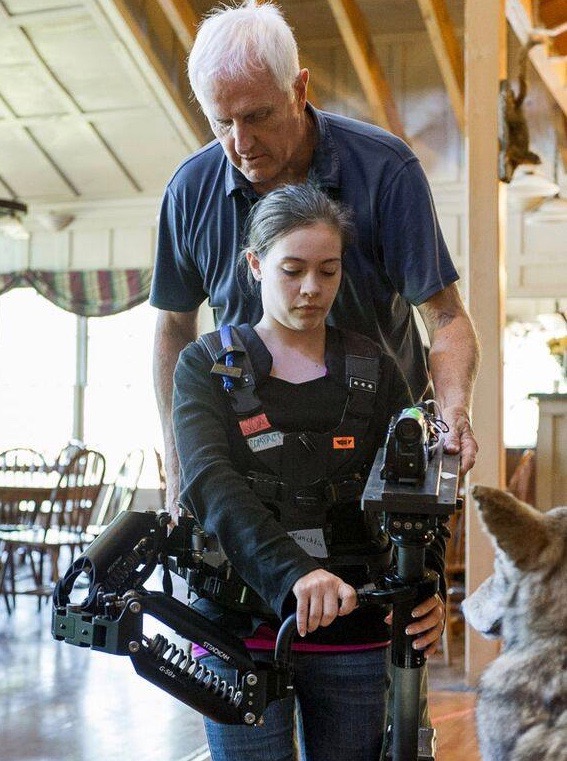
There is so much advice out there about all the different skills and qualities folks need to develop in order to succeed in today’s highly competitive environment and often it can feel overwhelming. So, if we had to break it down to just the three that matter most, which three skills or qualities would you focus on?
1: Public speaking – my abilities to connect easily with people I have just met, not being afraid to start conversations and making people feel more comfortable in uncomfortable situations can all be traced back to my public speaking skills and not being afraid of crowds. I grew up in a family band, so stage fright is not something I have experienced much and I got a lot of practice in at an early age. If you are not good at public speaking, just know that it truly does get better with practice, you just have to get practicing! Go to karaoke, open mic night, volunteer to read a passage at bookclub, all of these things will help you get more comfortable speaking in front of others.
2: Active listening – I run effective, compassionate interviews and get some pretty deep answers from subjects when I use active listening. It makes me a better communicator and people feel I understand them. My therapist introduced me to the Imago Dialogue and it’s a great style to try out if you want to develop your active listening skills.
3: “Run-n-Gun” filmmaking – since I came from more formal, narrative styles of filmmaking (where you can take 45 minutes just to film someone picking up a glass of water), shoots that had very little setup and moved along quickly were new to me until I started working with Vixen Productions in Rockford, IL. Lonnie Iske and her crew taught me how to be fast on my feet and even faster with a lens change. If you want to be better about your timing as a filmmaker, take your camera out and go for a video safari. Over time, you’ll get faster at spotting good angles and shots and you’ll be bringing back incredible, usable footage in under two hours.
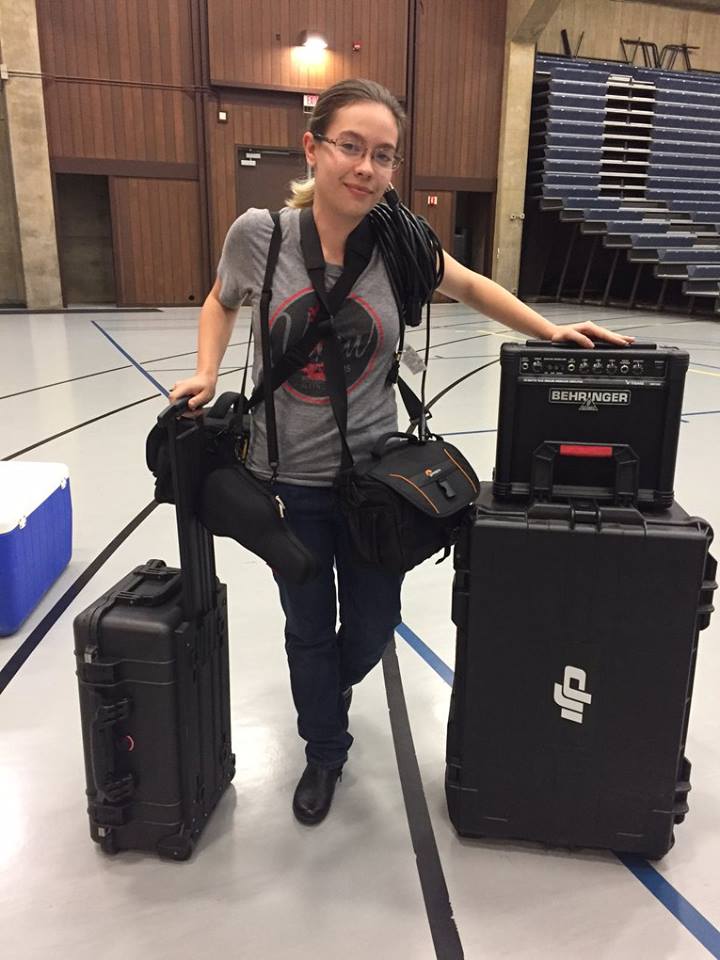
Who is your ideal client or what sort of characteristics would make someone an ideal client for you?
Someone who likes collaborating and learning about the filmmaking process – I love educating clients! Educated clients make empathetic clients and shoots go so much smoother when the person you are working with understands your production pipeline.
I have a “bucket list” of industries and people I’d love to work with; on the top of my list are dancers and craftsmen. It’s so much fun to film different craftsmen creating different hand-made items. I’m a total DIY nerd! I also used to film dance concept videos all the time and I’m eager to get back into a studio with movement-based artists.
Contact Info:
- Instagram: https://www.instagram.com/lovinglocalnyc/
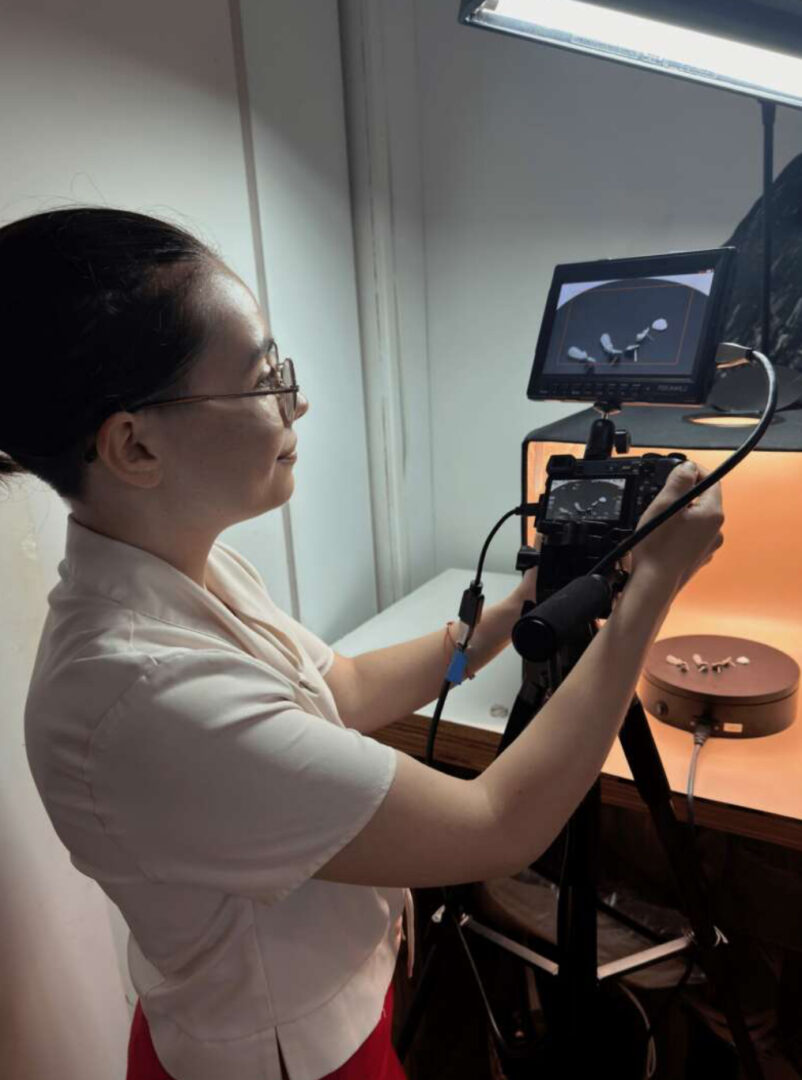
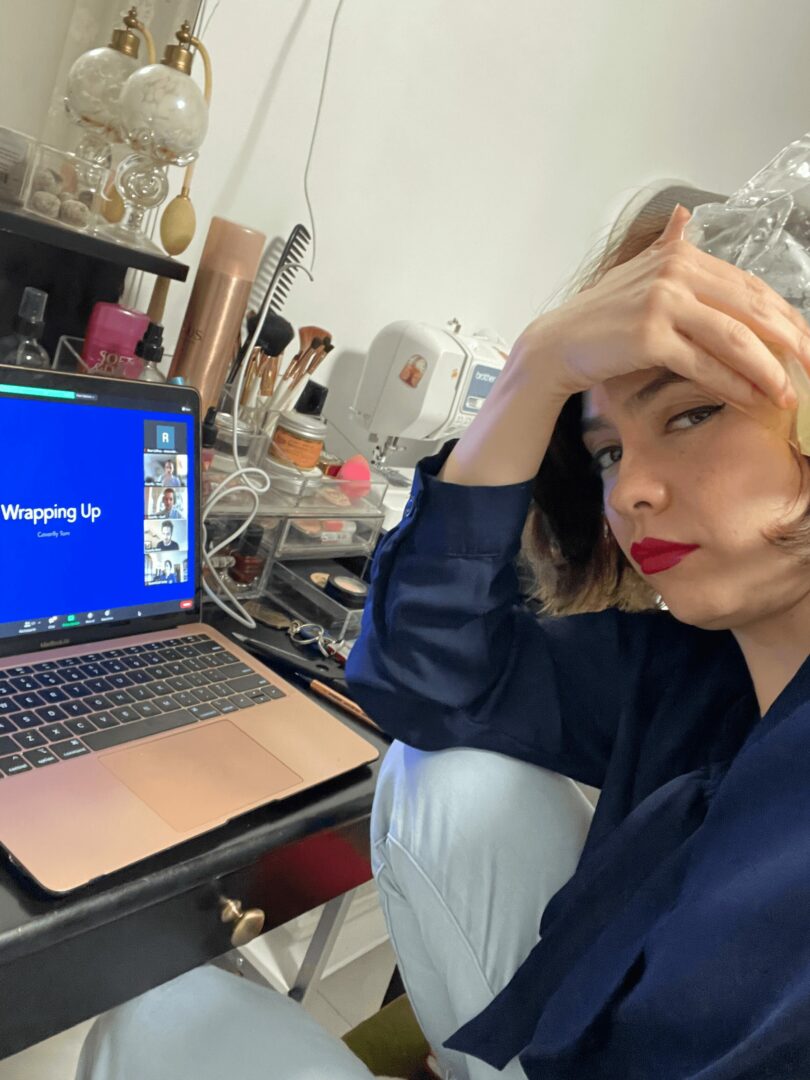
so if you or someone you know deserves recognition please let us know here.

